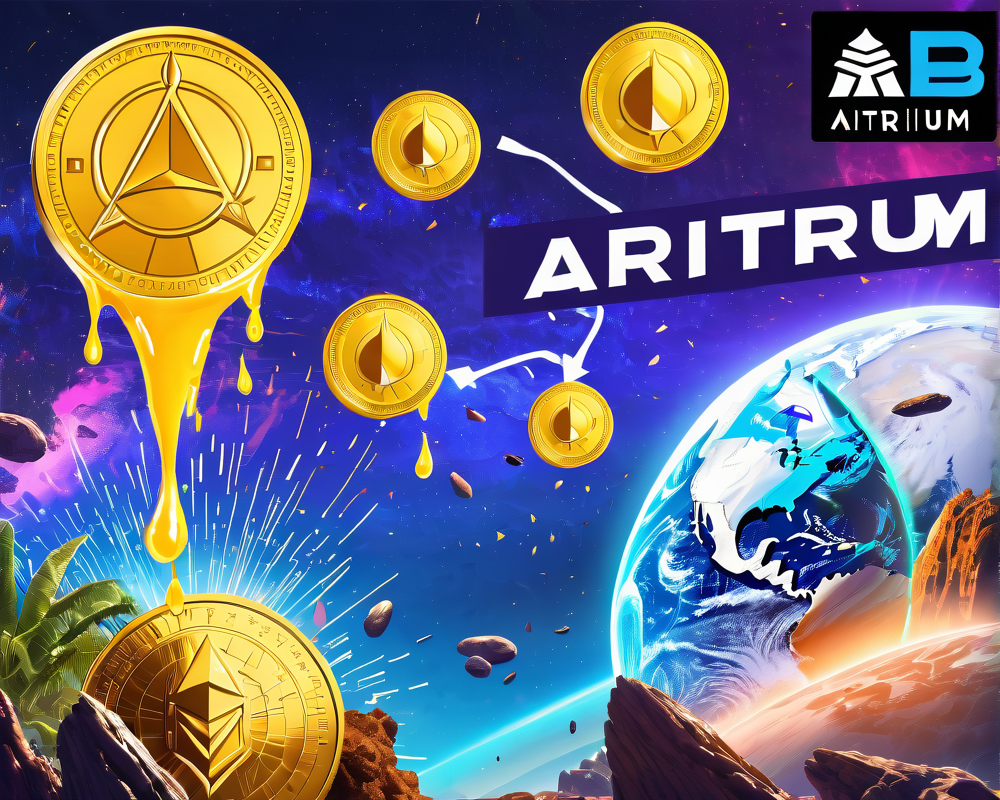The Emergence of AI in Governance
Artificial Intelligence has stirred up discussions across the globe, especially since the rise of chatbots like ChatGPT. As governments examine the implications of integrating AI into their operations, some are leading the charge by embracing this innovation. Case in point: the Romanian government recently introduced Ion, an AI chatbot designed to harness community input for policy-making.
The Brain Behind Ion: Insights from Sabin Dima
In a recent conversation with Sabin Dima, the founder and CEO of Humans.ai, we delved into the critical role that AI can play in public service. Dima drew a powerful parallel, stating that AI holds the power of nuclear energy; it’s capable of great good or catastrophic harm, depending on the context in which it’s used.
“The potential benefits of AI are substantial and further exploration is warranted.”
According to Dima, Ion is not just a tool but a bridge between citizens and the government, catalyzing more informed decision-making. In the first week alone, Ion attracted nearly a million visits and facilitated hundreds of thousands of interactions. It’s a staggering indication of public interest in contributing to governance.
Data-driven Policy Making
What makes Ion unique is its reliance on data provided by the Romanian populace. By tapping into the collective wisdom of citizens, the Romanian government aims to craft policies that are evidence-based and responsive to their needs. Dima stated, “By embracing AI responsibly, we can transform policies to better serve our societies.” Talk about a futuristic town hall meeting!
The Ethical Considerations of AI
As the AI landscape evolves, so does the necessity for ethical guidelines. Dima emphasized the importance of ethics in AI development, noting that the Romanian initiative consults an independent ethical council comprised of e-government experts. This ensures that the AI is trained only on data that people voluntarily share, which is crucial for fostering trust between citizens and their government.
The Bigger Picture: EU’s AI Regulations
Romania’s move comes at a time when the European Union is finalizing its Artificial Intelligence Act, which sets forth frameworks for responsible AI usage. With guidelines for developers and limitations on biometric surveillance, it’s clear that Europe aims to strike a balance between innovation and ethical standards. Dima remarked, “We are representing the Romanian people, which is a huge responsibility.”
The Future of AI and Blockchain
Moving beyond chatbots, Humans.ai is also venturing into the realm of blockchain technology for AI deployment. Dima envisions this integration creating a “trustless environment” where the ownership and authenticity of AI capabilities are indisputable. This forms a foundational layer of accountability that could potentially reshape how AI interacts with citizens.
A Unified Global Approach
As nations like the U.S., U.K., and Germany explore AI regulation and incorporation into governance, the case of Ion is an inspiring illustration of the potential benefits AI can offer. It seems we may all soon be chatting with our respective AIs as if they were our fellow countrymen (or women).




